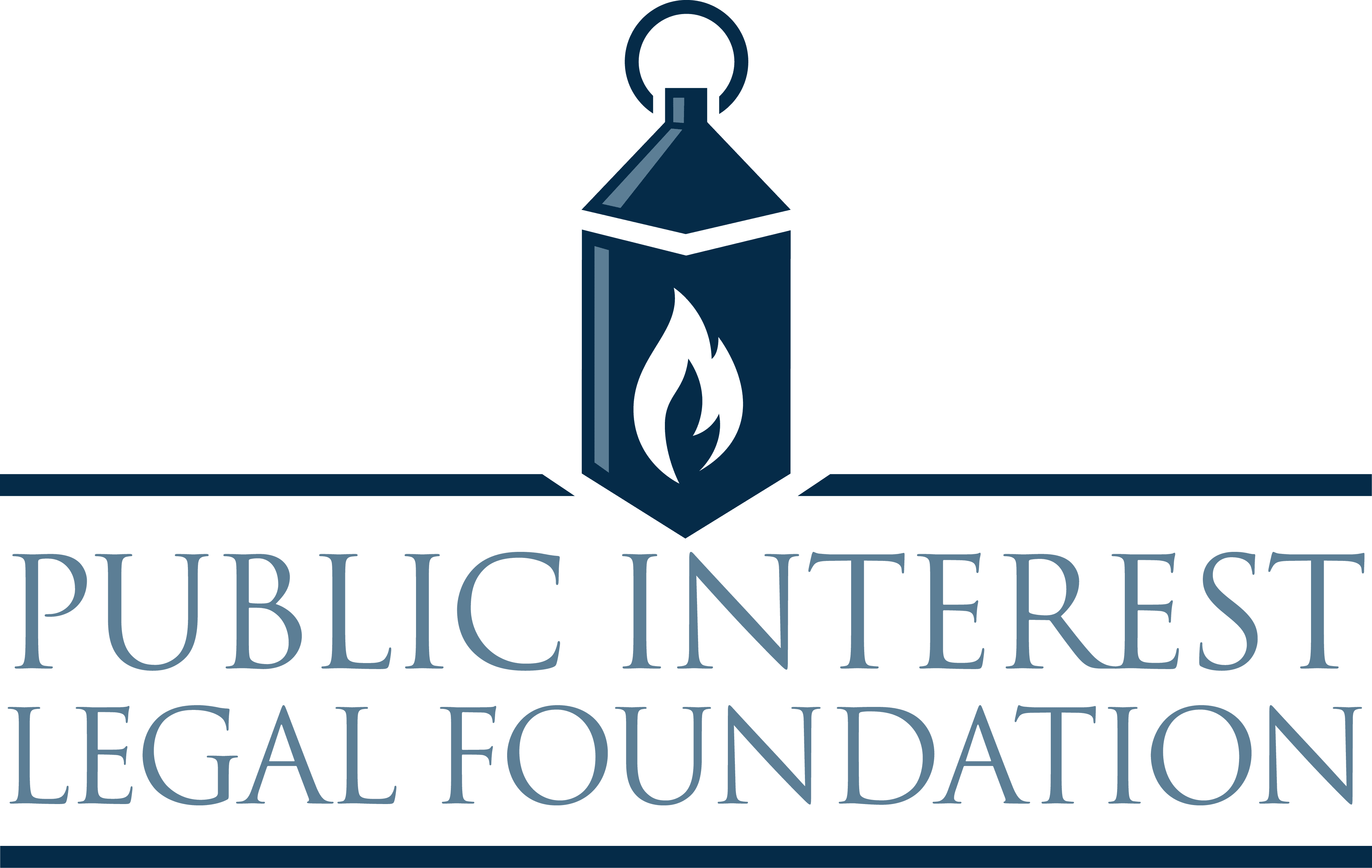12 Times Donors Were Targeted for Harassment or Worse
(WASHINGTON, D.C.) – October 1, 2019: The Public Interest Legal Foundation (PILF) filed an amicus curiae brief in the U.S. Supreme Court in support of the Americans for Prosperity Foundation’s request to be heard regarding California’s donor disclosure laws.
In the brief, the Foundation cites 12 examples where donor disclosure laws or efforts were leveraged to fuel personal attacks against otherwise private individuals – even in some cases where privacy protections were officially violated to achieve the end result. Supporters of both charitable and political ventures have risked threats of violence (including their minor children), commercial boycotts, and personal ruin.
“Donor anonymity is a bedrock American value. Private associations deserve to have their donors remain private,” PILF President and General Counsel J. Christian Adams said. “This tradition led to the creation of civil society institutions that worked for the betterment of the country. Hopefully, the Court will find a way to uphold that tradition. This case is one way.”
The brief outlines 12 examples.
Texas Public Policy Foundation – According to the group, in 2012, an unredacted IRS Form 990 Schedule B was officially leaked and entered circulation among various news media outlets, despite it being confidential under federal law.
National Organization for Marriage – In March 2012, the organization learned its unredacted 2008 Schedule B was posted on an opposing group’s public website. The IRS later admitted to “improperly” releasing the document to a private individual contrary to federal law.
The IRS Targeting Scandal – Conservative groups targeted by the IRS during their application process were subjected to unnecessary questions including for names of donors.
Friends of Abe – Politically-conservative Hollywood figures seeking fellowship in an anonymous fashion faced a demand from the IRS to effectively reveal their member roster.
LULAC v. PILF – During discovery for a now-settled lawsuit, the progressive group committed extensive resources and attention to understating this Foundation’s fundraising and donor relations efforts. The federal court eventually indicated that the probes were irrelevant to the case.
Chick-fil-A – Agitation against America’s most profitable fast food chain’s charitable contributions and spiritual modus operandi is as notorious as the quality of their chicken sandwich. Some municipalities, like San Antonio, Texas, officially banned the franchise from operating in local government spaces.
Competitive Enterprise Institute/U.S. Virgin Islands – In April 2016, the CEI was subpoenaed by USVI Attorney General Claude Walker for a decade’s-worth of internal records, including donor information. The demand was eventually withdrawn.
California’s Prop 8 – Opponents of Prop 8 utilized public disclosures of supporters’ information to compile online maps detailing private homes and places of business.
Will & Grace – Cast members for the NBC comedy took to Twitter in August 2019 and demanded that lists of attendees to a President Donald Trump fundraiser be revealed due to the public’s “right to know” their identities.
Rep. Joaquin Castro (D-TX) – Shortly after the recent mass shooting in El Paso, Texas, the congressman published a list of San Antonio-area donors of the Trump re-election campaign, saying they “fuel” hatred to Hispanics, hinting to a shared causality with the tragic event.
Michigan Chamber of Commerce – A local organization executed an ad campaign featuring members of the MCC’s executive board, accusing them of running a “dark money” effort to prevent redistricting reform. Social media promoters and commenters opined about the need for a guillotine, firing squads, and the general sense how violence “can be used for good.”
SoulCycle – After a company investor hosted a fundraiser for President Trump, a boycott effort substantially drove down attendance to training sessions.
California law requires any IRS-designated 501(c)(3) charitable organization wishing to solicit donations in the state to annually file IRS Form 990s with unredacted Schedule Bs. These files list every donor giving at least $5,000 a year to the group in question. Petitioner AFP Foundation has refused to disclose the documents since 2001.
The Public Interest Legal Foundation also refuses to disclose its Schedule Bs—preventing any targeted fundraising in the state.
The Foundation’s brief, filed in conjunction with the Center for Constitutional Jurisprudence, Foundation for Michigan Freedom, and Texas Public Policy Foundation urges the Supreme Court to grant a writ of certiorari from the 9th Circuit Court of Appeals as requested by the Americans for Prosperity Foundation.
A copy of the brief may be read, here.
Kaylan L. Phillips and J. Christian Adams serve as attorneys of record for PILF in this matter.
The Public Interest Legal Foundation is the nation’s most active public interest law firm dedicated to enforcing the National Voter Registration Act (NVRA) and ensuring the integrity of American elections – bringing more than a dozen cases to enforce voter list maintenance obligations and inspection rights under federal law in federal courts across the nation in addition to serving as amicus in more than a dozen voting law cases. The Foundation also works with election officials and policymakers to improve the integrity of elections.
Public Interest Legal Foundation (PILF) is a 501(c)(3) public interest law firm dedicated to election integrity. The Foundation exists to assist states and others to aid the cause of election integrity and fight against lawlessness in American elections. Drawing on numerous experts in the field, the Foundation seeks to protect the right to vote and preserve the Constitutional framework of American elections. ###

